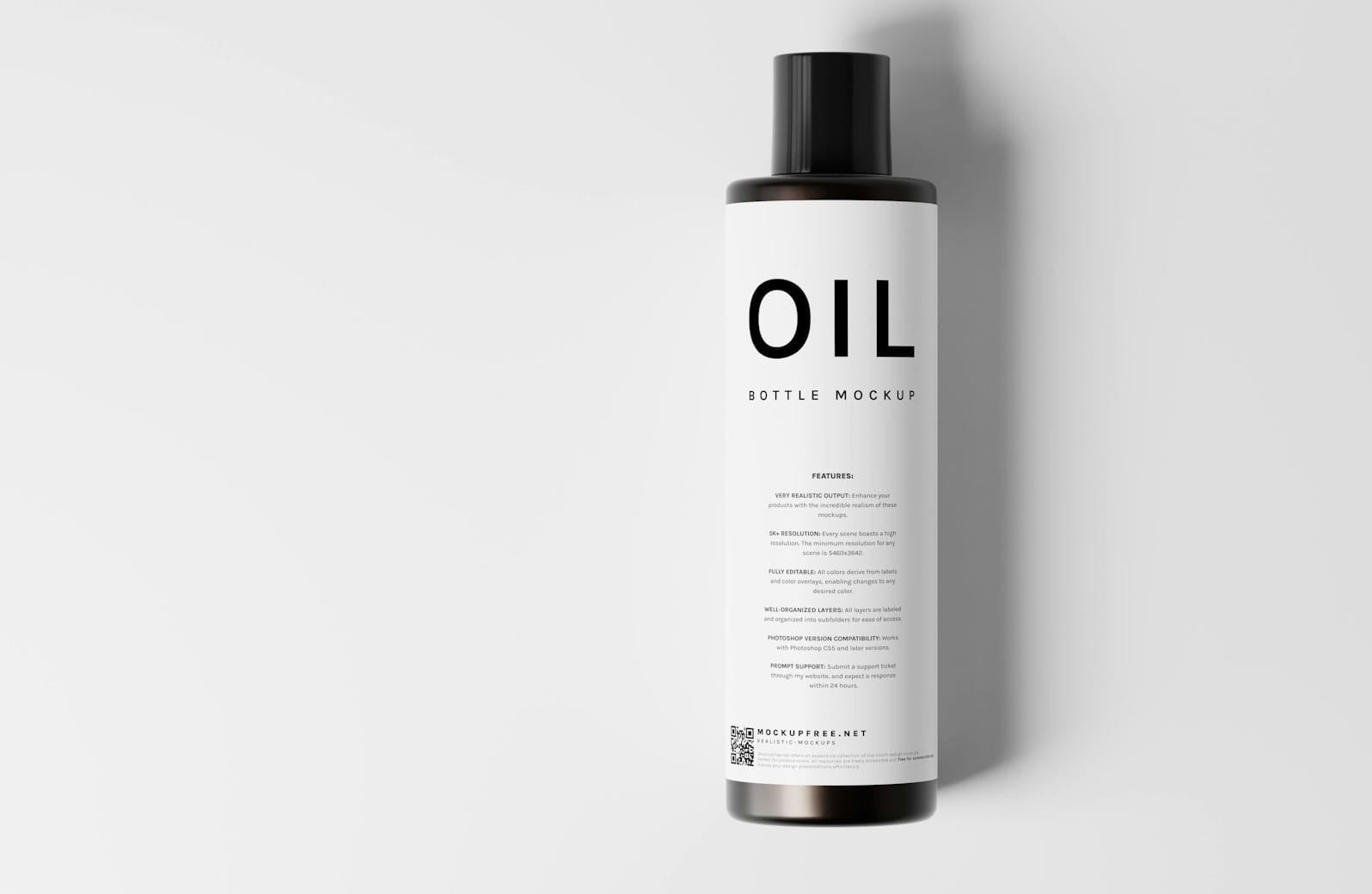Eczema itching can be relentless, but specific medicines offer much-needed relief. Find out how these treatments restore comfort and normalcy to your daily life.
Topical corticosteroids are often the frontline defense, reducing inflammation and quelling the itch significantly. For more severe cases, oral medications or biologic drugs might be prescribed to target the underlying immune response.
Prescription Medications: What to Expect
For many, prescription medications are a crucial component of managing eczema. Corticosteroids are often the go-to doctors' recommendation for reducing inflammation and relieving itching. These medicines exist in various strengths, from mild over-the-counter creams to potent prescription options. It's essential to follow your doctor's advice on how to use corticosteroids properly to avoid side effects such as skin thinning. Additionally, when eczema is complicated by infections, antibiotics may be prescribed to clear up any bacterial involvement.

Topical immunomodulators like Elidel and Protopic offer another avenue for those whose condition doesn’t respond well to corticosteroids. However, these medications come with certain precautions and potential side effects, including an increased risk of cancers. Newer options like biologic drugs such as Dupixent and Adbry target specific pathways in the immune system and have shown promising results in reducing symptoms for those with moderate to severe eczema. These treatments, while more targeted, often require regular injections and close monitoring by dermatologists to ensure efficacy and safety.
Moisturizers and Emollients: Hydrating Your Skin
Ensuring your skin stays well-hydrated is crucial in managing eczema. Applying moisturizers and emollients regularly helps to lock in moisture and create a protective barrier on your skin. When selecting a moisturizer, go for those that are fragrance- and dye-free to avoid irritation. Ingredients like oat, shea butter, aloe, and glycerin are particularly beneficial for eczema-prone skin. Oil-based formulations can offer longer-lasting hydration, especially during colder months when the air is dry.
Emollients, often found in the form of ointments and creams, work by softening and soothing the skin, reducing the itchiness and discomfort associated with eczema. Look for products containing humectants and niacinamide, which help attract and retain moisture while soothing inflamed areas. Remember to apply these products immediately after bathing, while your skin is still damp, to maximize their effectiveness. Regular use can make a significant difference in the frequency and severity of eczema flare-ups.
Essential Oils: Nature’s Soothing Agents
Essential oils, with their potent natural compounds, have been used for centuries to alleviate various skin conditions, including eczema. Some of the popular choices include lavender oil, tea tree oil, and chamomile oil. These oils are renowned for their anti-inflammatory and antimicrobial properties, which help soothe irritated skin and reduce itching. When using essential oils, it's crucial to dilute them with a carrier oil, such as coconut or jojoba oil, to prevent further irritation. A few drops mixed into your regular moisturizer can offer significant relief when applied to affected areas.
Despite their benefits, essential oils are not a one-size-fits-all solution and might not work for everyone. It's essential to conduct a patch test before committing to regular use. Place a small amount on your forearm and wait 24 hours to check for any adverse reactions. For those who experience positive effects, incorporating these oils into your skincare routine can provide a natural alternative to more conventional treatments. However, always consult with a healthcare provider to ensure they're safe to use alongside prescribed medications or other treatments.
When to See a Dermatologist for Eczema
Knowing when to consult a dermatologist for eczema is vital for proper skin care and relief. If over-the-counter treatments and self-care measures aren't providing sufficient relief, or if the itchiness and irritation are causing significant discomfort, it's time to make an appointment. Persistent symptoms that disrupt daily activities and sleep are clear indicators that you might need professional intervention. Additionally, if you notice signs of infection such as increased redness, swelling, or oozing, seeking medical attention is crucial. A specialist can provide stronger medications and more advanced therapies tailored to your needs.

Particularly in cases where eczema presents atypically, such as in people with dark skin tones where rashes may appear gray or brown, a dermatologist's expertise is invaluable. These professionals are trained to recognize and treat skin conditions that might be less obvious or affect skin pigmentation. Accessing a dermatologist early on can also help in identifying potential triggers, such as food allergies or environmental factors, leading to a more comprehensive management plan. Don’t wait for the condition to worsen; early and accurate diagnosis can prevent complications and improve quality of life.
